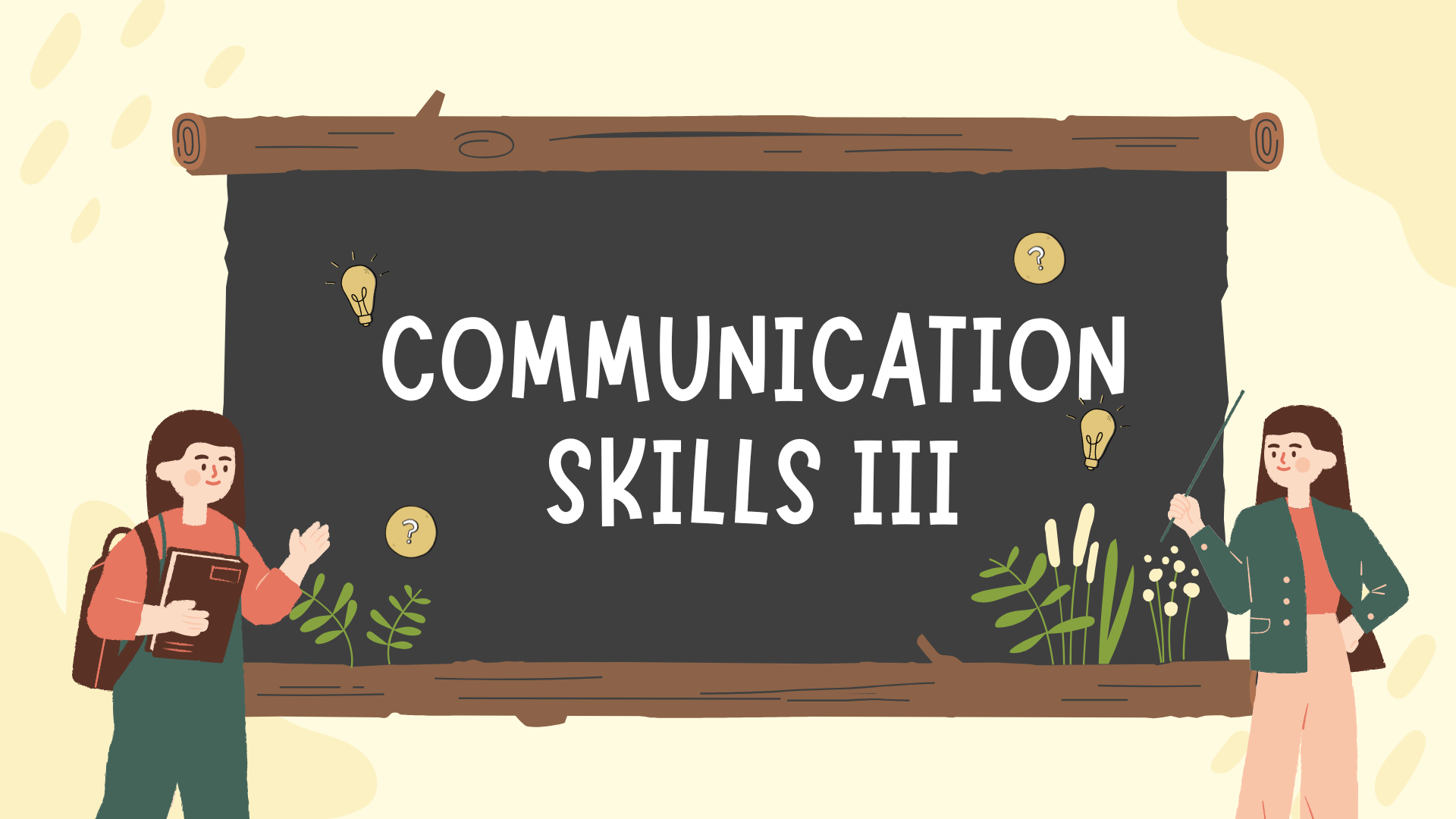
This intermediary course provides in-depth knowledge on two major aspects of developing and executing an effective marketing communication strategy: Creative Strategy and Media Planning. Creative Strategy sharpens students' knowledge and creativity in developing concepts for marketing communication campaigns, while Media Planning equips them with knowledge and practical exposure in selecting appropriate Above-the-Line (ATL) media platforms, determining when, where, and how a message should be placed within a given budget. The areas covered include introduction to creativity in promotion, evolution of the creative era, promotional writing and templates, content planning and third-party content management, media terminology, interpreting syndicated research, gathering audience measurements, conducting competitive analysis, creating and evaluating marketing/media objectives, and designing effective integrated media plans. This course requires prior knowledge of Advanced Marketing Management, Integrated Marketing Communication, and Digital Marketing.
- Lecturer: Mr. Hansaja Banduge
As a continuation of Sports and Personality Development-I (MAR 2374), this core course aims at strengthening students' physical and mental health to become balanced human beings. It focuses on inculcating qualities essential for professional marketers, such as team building, leadership, punctuality, emotional stability, and compassion. This course is facilitated through a residential personality and skills development program conducted outside the university.
- Lecturer: Mr. B.T.K. Chathuranga
- Lecturer: Ms. Piyumi Sewwandi

This core course aims at shaping and molding students' mindset with the necessary skills and competencies to be professional marketers. It enables students to apprehend and inculcate qualities, traits, and skills necessary for being unique professionals. The areas covered include professional communication skills (verbal, non-verbal, written, and listening), stakeholder management skills, effective presentation skills, coping with stress and managing nervousness, negotiation skills, networking skills, and character building. This skills-based course is conducted through a combination of lectures, training workshops, and events.
- Lecturer: Prof. Lalith Chandralal
- Lecturer: Ms. Piyumi Sewwandi

This core course aims at providing students with knowledge of concepts, theories, and models applied in different sales contexts. The areas covered include Introduction to Sales Management, Selling Theories, Personal Selling Process, Recruiting, Selecting, Training, and Compensating Sales Force, Motivating Sales Force, and Managing Sales Force Performance. This course requires prior knowledge of Marketing Management and Advanced Marketing Management.
- Lecturer: Mr. Hansaja Banduge
- Lecturer: Ms. Pavani Lakshika

- Lecturer: Ms. Piyumi Sewwandi
This core course aims at reinforcing student learning on the research process, with an emphasis on philosophies and quantitative and qualitative research methods applied in social research. The areas covered include research philosophies and paradigms, problem definition and literature review, qualitative and quantitative research designs, data collection methods, analytical tools for qualitative and quantitative data, and addressing ethical issues in research. This course requires prior knowledge of Business Statistics, Marketing Management, and Advanced Marketing Management.
- Lecturer: Prof. Lalith Chandralal
- Lecturer: Mr. Dilan Rathnayake
- Lecturer: Prof. Neville Warnakulasooriya

This core course aims at fostering knowledge on Integrated Marketing Communications (IMC), including its role in the marketing mix. It emphasizes the role of different promotional tools in the IMC programme of an organization to execute effective marketing campaigns with clear objectives. The areas covered are identifying and analyzing the target audience, setting communication objectives and budgets, integrating and implementing conventional and contemporary communication tools, and evaluating the effectiveness of the communication programme. This course requires prior knowledge of Marketing Management, Advanced Marketing Management, Consumer Behavior, and Fine Arts.
- Lecturer: Mr. Hansaja Banduge
- Lecturer: Dr. Sandamali Galdolage
